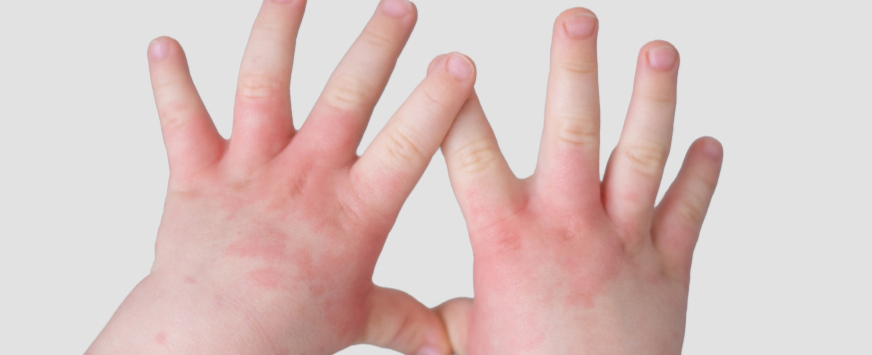Treatment
Antifungal
medications
Doctors treat fungal infections with antifungal creams, ointments, or sprays containing clotrimazole, miconazole, terbinafine, or ketoconazole. Applying them to the infected area kills the fungus and relieves symptoms. For severe cases, doctors may prescribe oral antifungal medicine.
Use antifungal
powders or sprays
Antifungal powders or sprays help absorb moisture and stop fungal growth. Apply them to the affected area and nearby skin, following the package instructions.





